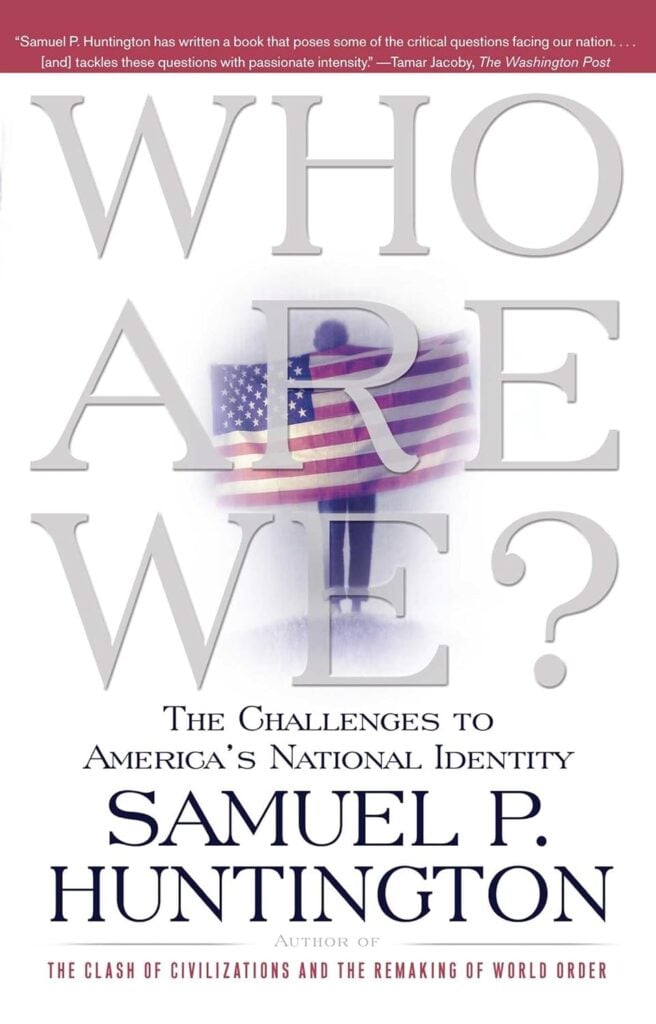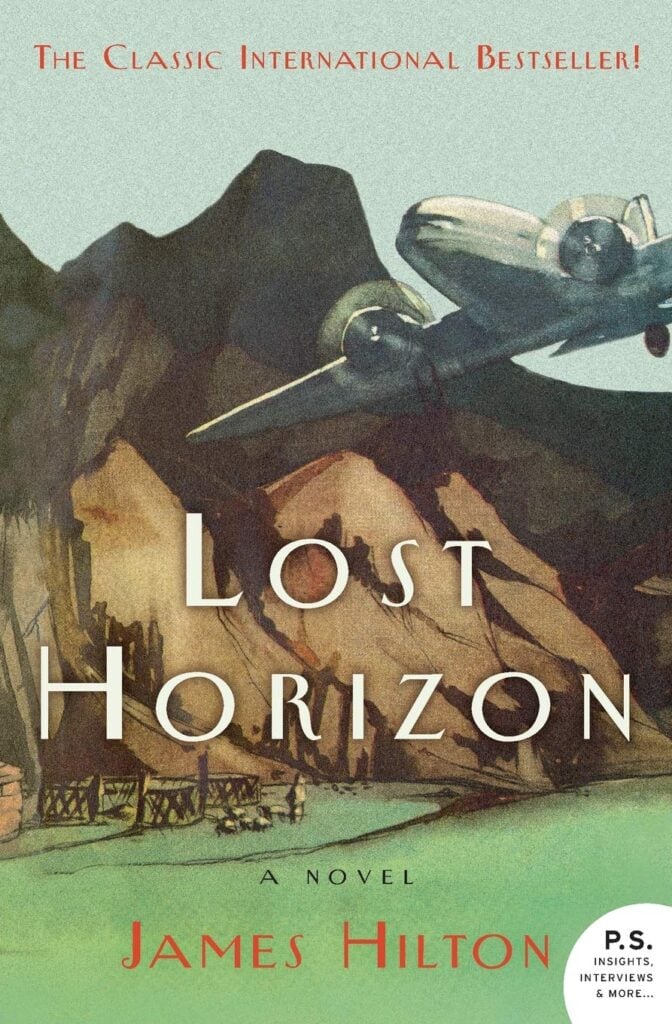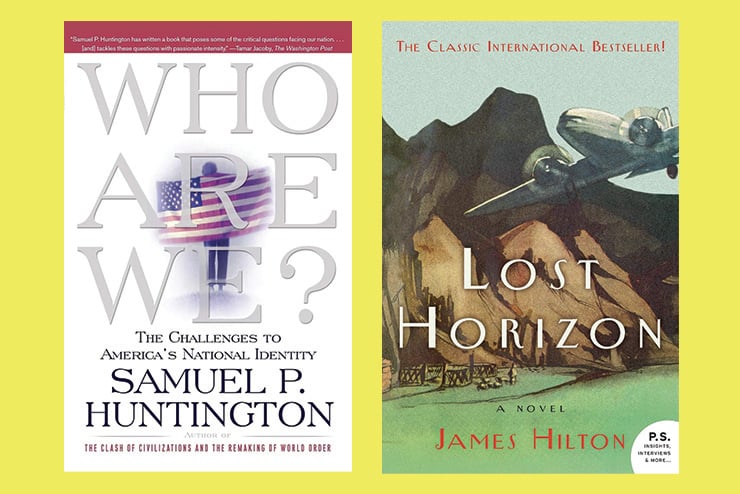
Twenty years from its publication, Who Are We? is still a useful read, especially for those without much background on the cultural origins of the United States. It is also a depressing gauge of how quickly radical transformation of America is proceeding. The advances of those dedicated to “deconstructing America” (the title of one of the chapters) have now reached the point that a reasonable onlooker might well conclude that the struggle for America’s soul described by Huntington is over.
Huntington’s notion of “societal security” is a helpful concept. He juxtaposes it to “national security,” which involves a society’s desire to protect itself from foreign attack. Societal security focuses not on external threats but rather on internal threats that destabilize a society’s cultural identity. Maintaining the institutions and general way of life of a people requires constant work. Huntington suggests that American elites have mostly abandoned this work, with predictable results.
The biggest blind spot of the book is related to one of its most profound insights into the cultural origins of the country. The discussion of Anglo-Protestant culture reveals, perhaps without the author’s full recognition, a seedbed of its ongoing dissolution. Huntington posits that any stable culture requires a core group faithfully committed to its traditional values and that will protect it against dissent and resistance. Yet, by its very nature, American culture may be ill-suited to maintaining such loyalty to tradition.
Anglo-Protestant culture contributed central value systems that drove the early success of America. It created self-reliant individuals who refused to blame others for their fate, and it linked spirituality to a material productivity that created a formidable work ethic. These factors were indispensable to the productivity and moral health of early Americans.
But “America,” Huntington writes, “is the child of the Reformation.” It is more clearly marked by the “dissidence of dissent” (the words are Burke’s) at the origin of that religious upheaval than any other existing society. Early in our history, and in the history of the Reformation, that dissent was directed toward an attempt to hone and purify the Christian tradition. Over time, though, the dissident spirit turned upon Anglo-Protestant cultural tradition itself.
Americans are so ferociously committed to anti-tradition that it may be impossible for them to maintain any cultural core. Huntington would doubtless be disappointed to reach such a realization. I certainly am.
—Alexander Riley

James Hilton was a bestselling novelist, responsible for Goodbye, Mr. Chips, Random Harvest, and Lost Horizon (1933). Lost Horizon is little-read today, but is memorialized by Hilton’s place-name “Shangri-La,” which has passed into cliché as shorthand for any remote utopia.
Tibet, with its awe-inspiring landscape and profuse legends, has long been a source of fascination. Buddhist and Hindu ascetics for centuries have been drawn into the high mountains, and the first Europeans to see the area were also seduced—1650s Portuguese Jesuits seeing doctrinal similarities between Catholicism and Tibetan Buddhism, and the 18th-century British trader George Bogle calling it “a fairy dream—a perfect illusion.” As John Keay wrote in 1982, “If Tibet did not exist, some visionary would surely have invented it.”
Four Westerners are taken unexpectedly by plane into the Himalayas, where they crash, and are then taken to Shangri-La—a hitherto undiscovered lamasery in the shelter of a huge and equally unknown mountain called Karakal (which means “Blue Moon”). Shangri-La is idyllic—a fertile valley with its own temperate microclimate, guarded by almost impassable mountains, inhabited by several thousand contented people under the benign rule of mysterious lamas. The lamasery is a fantastical structure described as “flower petals impaled upon a crag.” It is filled with art treasures, contains a magnificent library, and despite its extreme isolation it offers all the modern comforts.
The Western visitors, including the central character, English diplomat Hugh Conway, start to realize the strange secret at Shangri-La’s heart, and consider the possibility that they might never be able to leave.
Lost Horizon is a light and escapist story, but it is also filled with 1930s pessimism about civilization as mechanized and militarist ideologies were on the rise everywhere. Shangri-La could seem like a gilded prison, but is to Conway more like a last bastion for high culture and humanity in a world in growing danger of destruction. Can he stay there for ever, or will his sense of duty ultimately impel him to leave, against his dearest wishes? Is he morally entitled to retreat from an ugly world, or must he leave the happy valley? And will the outside world eventually break in anyway?
To a modern reader, considering both the ever-lengthening reach of technology and today’s mechanized and militarist powers (one of which actually occupies Tibet and has erased its “fairy dream” culture as a matter of policy), unsullied utopias seem, if anything, even more remote.
—Derek Turner

Leave a Reply